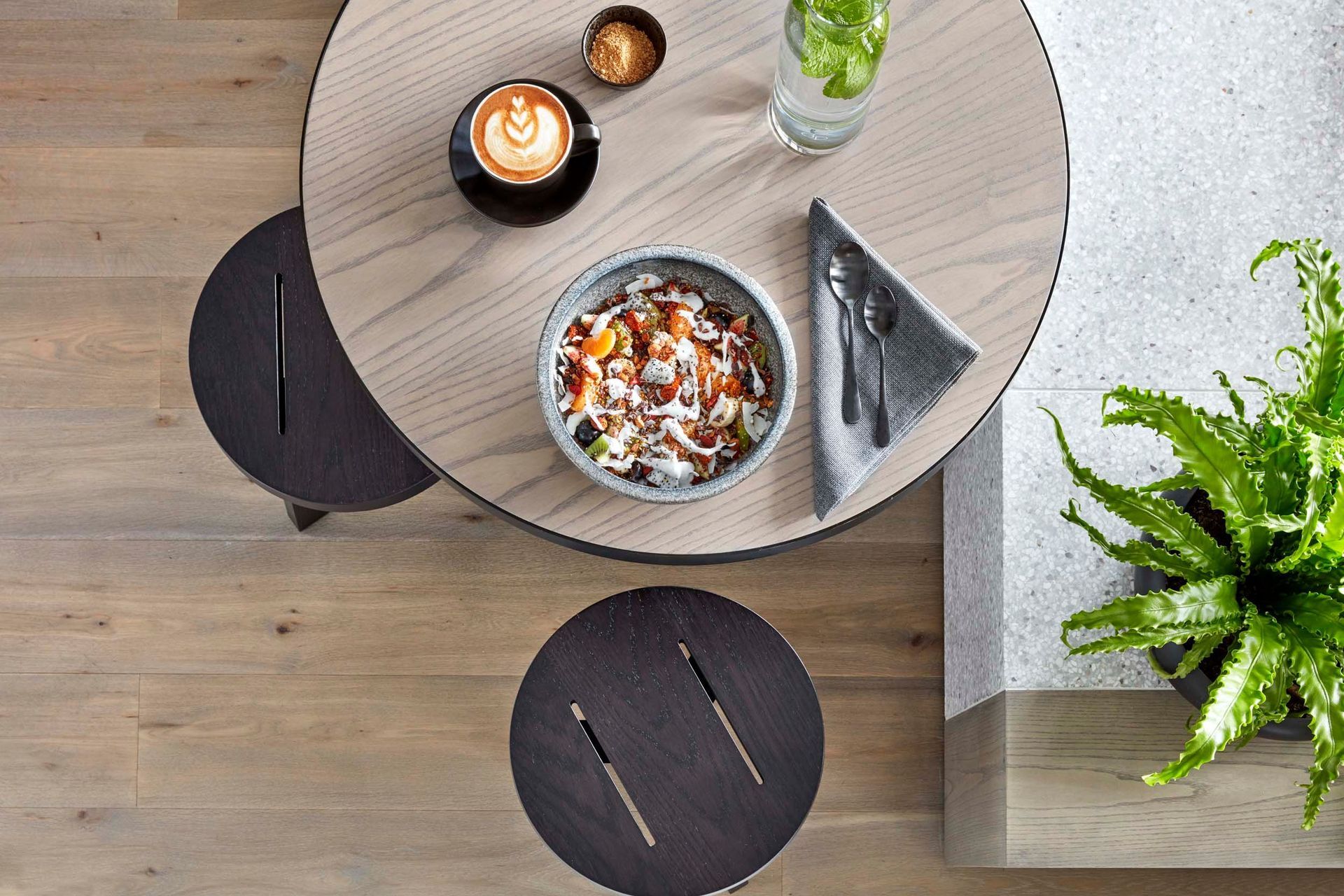How to reduce food waste at home this festive season
Written by
20 December 2022
•
4 min read

The amount at which humans consume natural resources and produce waste across every aspect of our lives and existence is truly staggering. While many of us are familiar with the reasons for reducing waste in terms of rubbish and single-use materials, and the value of building homes from sustainable and salvaged materials, few of us stop to consider the repercussions of food waste.
Food waste, such as food that never leaves a farm, is lost during transport or is wasted by the hospitality sector and residential households, has a negative impact on both the environment and the economy. Australia’s Department for Climate Change, Energy, Environment and Water reports that one-third of the world’s food goes to waste, 25% of the water used in agriculture goes towards producing food that will go to waste, and that food waste produces 8% of global greenhouse gas emissions.

The National Food Waste Strategy Feasibility study conducted in Australia found that food waste costs the economy around $36.6 billion per year, accounts for 3% of Australia’s greenhouse gas emissions, and the amount of land used to grow wasted food is equal to 25 million hectares. Furthermore, the study revealed that Australia wastes around 7.6 million tonnes of food each year across the supply and consumption chain, roughly 312kg per person – or up to $2500 per household – each year.
Read now: Research reveals where you live affects your quality of life

How you can reduce food waste at home
Shop with a list
Regardless of whether you do a grocery shop once per week, fortnight or month, always take a shopping list with you and plan your meals ahead so that you buy only what you need – no more.
Buy fresh food when you need it
Another solution to throwing out food that wasn't unused before deteriorating is only buying fresh produce and perishables on the day you intend to use them.
Store your food correctly
A contributing factor to the amount of food wasted each year is incorrect storage. Dry goods should be in air-tight containers, leftovers should be frozen, fresh herbs will last longer when wrapped in a damp towel and stored in an air-tight container, and not all fruit and vegetables should be stored in the fridge. A quick online search can determine the best storage method for your food.
Know the difference between use-by and best-before dates
Foods with a use-by date generally can’t be sold and shouldn’t be consumed after the date on the package. Products with a best-before date simply offer consumers a guide within which the food will be at its best for consumption, however, can be safely eaten after this date, provided it looks, smells and tastes fine.
Read now: Architects Declare is the architectural movement saving our planet

Compost your scraps
Fruit and vegetable scraps can become excellent fertilisers for gardens when composted. Keep a small bin in the kitchen to catch the off-cuts and set up a compost bin outside in direct sunlight to encourage faster breakdown.
Learn how to preserve seasonal produce
Preserving seasonal produce is an excellent way to enjoy your favourite perishables all year round while enhancing the flavour.
Eat all the food you bring home
A good way to ensure all the food you bring home gets eaten is by placing those due to perish first towards the front of the fridge or pantry.
Revive lacklustre food
Some types of food can be revived even after it has started to look a little brown or wilted. Browned bananas can be used in smoothies or banana bread, while lettuce can become crisp again when placed in a bowl of icy water.
Discover more lifestyle and interior design advice on ArchiPro.